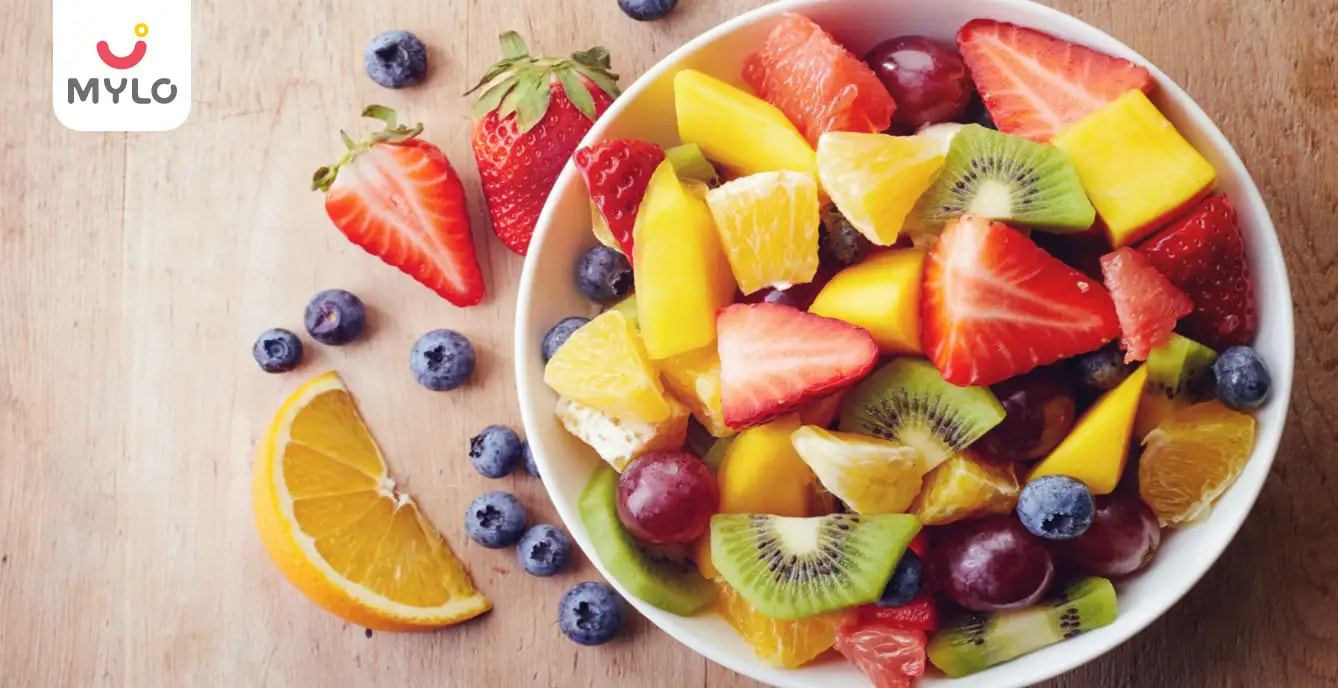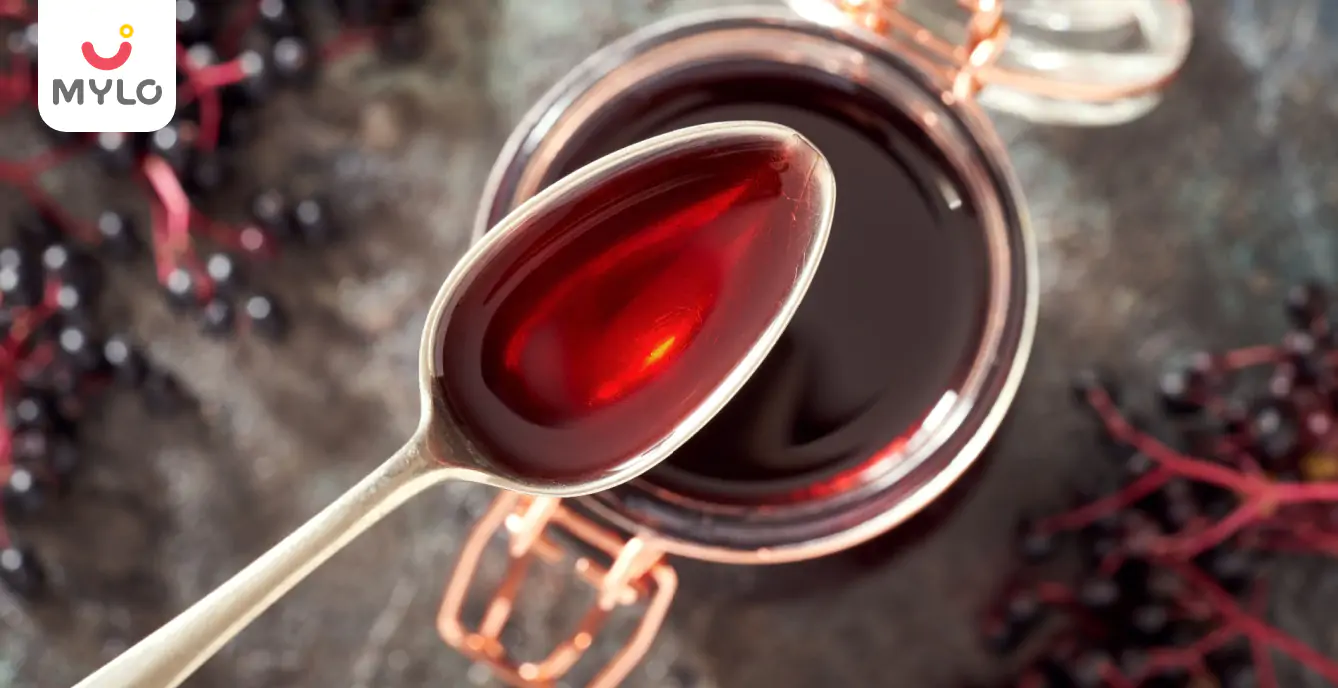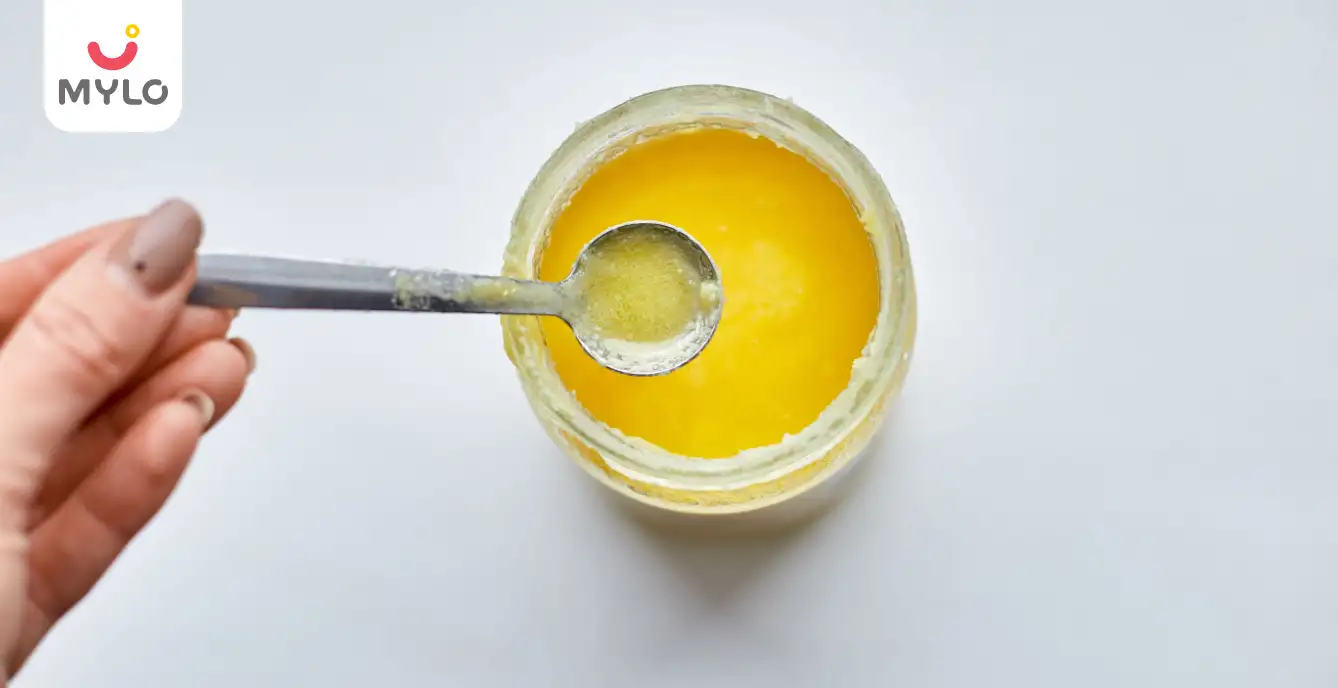Home

PCOS & PCOD

Fruits for PCOS: Your Guide to Making Healthy Choices
In this Article

PCOS & PCOD
Fruits for PCOS: Your Guide to Making Healthy Choices
Updated on 27 September 2023



Medically Reviewed by
Dr. Shruti Tanwar
C-section & gynae problems - MBBS| MS (OBS & Gynae)
View Profile

Polycystic Ovary Syndrome (PCOS) affects millions of women around the world, causing hormonal imbalances that can lead to various health complications. While medical interventions are often necessary, making simple dietary changes can also play a vital role in managing the symptoms of PCOS. One such dietary adjustment is incorporating a variety of fruits for PCOS.
From understanding the benefits of specific fruits to learning strategies for incorporating them into your diet, this article will equip you with the knowledge and tools to make informed choices that promote optimal health.
Are fruits good for PCOS?
The answer is a resounding yes! Fruits are an essential part of a healthy diet, even for women with PCOS. They provide essential vitamins, minerals, and fiber while being low in calories. However, it's important to choose the right fruits and consume them in moderation to maximize their benefits.
Fruits are rich in natural sugars called fructose. While this may raise concerns about their impact on blood sugar levels, the fiber content in fruits helps regulate the absorption of sugars into the bloodstream.
This means that fruits have a lower glycemic index compared to processed sugars or fruit juices. The fiber in fruits also aids in digestion, promotes satiety, and helps manage weight, which is crucial for women with PCOS.
You may also like : Papaya for PCOS: Exploring the Link and How It Can Positively Impact Your Health
Is it okay to consume fruit juice for PCOS?
While fruits themselves are highly recommended for women with PCOS, fruit juices should be consumed in moderation. Fruit juices often lack the fiber present in whole fruits, making them less beneficial for managing PCOS. Additionally, the juicing process can lead to a higher concentration of sugars in the juice, further impacting blood sugar levels.
It is always preferable to consume whole fruits rather than juices to derive the maximum nutritional benefits and maintain better control over blood sugar levels.
You may also like : Is Banana Good for PCOS: A Comprehensive Guide to Understanding Their Relationship
How to choose the best fruits for PCOS?
When it comes to selecting fruits good for PCOS, there are a few key factors to consider. Here are five ways to choose which fruit is good for PCOS:
1. Low Glycemic Index
Opt for fruits with a low glycemic index, such as berries, cherries, and apples. These fruits have a minimal impact on blood sugar levels and are suitable for women with PCOS.
2. Fiber Content
Look for fruits that are high in fiber, such as pears, oranges, and raspberries. Fiber aids in digestion, promotes satiety, and helps regulate blood sugar levels.
3. Antioxidant-Rich
Choose fruits that are rich in antioxidants, such as blueberries, strawberries, and kiwis. Antioxidants help reduce inflammation and oxidative stress, which are common in women with PCOS.
4. Vitamin C
Include fruits that are high in vitamin C, like citrus fruits and papaya. Vitamin C helps support the immune system and aids in collagen production.
5. Variety
Aim for a variety of fruits to ensure a wide range of nutrients. Incorporate fruits of different colors, such as red, orange, yellow, green, and purple, to reap the benefits of various vitamins and minerals.
You may also like : Beetroot for PCOS: Discovering a Natural Approach to Managing Symptoms
Which fruits are good for PCOS?
Here are seven fruits that are particularly beneficial for women with PCOS:
1. Berries
Strawberries, blueberries, raspberries, and blackberries are all excellent choices due to their low glycemic index and high antioxidant content.
2. Cherries
Cherries have anti-inflammatory properties and are rich in antioxidants, making them an ideal fruit for women with PCOS.
3. Apples
Apples are high in fiber and contain a natural compound called pectin, which helps regulate blood sugar levels.
4. Pears
Pears are another fiber-rich fruit that aids in digestion and helps maintain stable blood sugar levels.
5. Oranges
Oranges are a great source of vitamin C and fiber. They also have a low glycemic index, making them suitable for PCOS management.
7. Kiwi
Kiwis are packed with vitamin C, antioxidants, and fiber. They are also low in calories, making them one of the best fruits for PCOS.
You may also like : Coconut Water for PCOS: Discovering the Natural Support You've Been Missing
Tips for including fruits for PCOS in your diet
Now that you know which fruits are good for PCOS, here are five tips to help you include them in your diet effectively:
1. Snack on fresh fruits
Keep a bowl of fresh, washed fruits readily available for snacking. This will help you choose a healthier option when cravings strike.
2. Add fruits to smoothies
Blend fruits with a source of protein, such as Greek yogurt or plant-based protein powder, to create a satisfying and nutritious smoothie.
3. Incorporate fruits into salads
Add a variety of fruits to your salads for a burst of flavors and nutrients. Consider adding berries, sliced apples, or citrus segments to enhance the taste.
4. Make fruit-infused water
Enhance the flavor of your water by infusing it with slices of fruits like lemon, cucumber, or berries. This makes hydration more enjoyable and encourages you to drink more water throughout the day.
5. Experiment with healthy desserts
Use fruits as a base for healthy desserts. For example, you can make a delicious fruit salad or bake apples with cinnamon for a guilt-free treat.
Final Thoughts
Incorporating fruits for PCOS into your diet is a wise choice for managing PCOS. They provide a wide range of essential nutrients, fiber, and antioxidants while being low in calories. By choosing fruits with a low glycemic index, high fiber content, and rich in antioxidants, women with PCOS can enjoy the benefits of these natural wonders. Remember to consume whole fruits rather than fruit juices and experiment with various ways to include fruits in your diet.
References
1. Szczuko M, Kikut J, Szczuko U, Szydłowska I, Nawrocka-Rutkowska J, Ziętek M, Verbanac D, Saso L. (2021). Nutrition Strategy and Life Style in Polycystic Ovary Syndrome-Narrative Review.
2. Hosseini MS, Dizavi A, Rostami H, Parastouei K, Esfandiari S. (2017). Healthy eating index in women with polycystic ovary syndrome: A case-control study. Int J Reprod Biomed.





Medically Reviewed by
Dr. Shruti Tanwar
C-section & gynae problems - MBBS| MS (OBS & Gynae)
View Profile


Written by
Anandita Sharma
Drawing on more than a decade of expertise in administration, Anandita Sharma currently serves as a content operations e
Read MoreGet baby's diet chart, and growth tips

Related Articles
Related Questions
Hello frnds..still no pain...doctor said head fix nhi hua hai..bt vagina me pain hai aur back pain bhi... anyone having same issues??

Kon kon c chije aisi hai jo pregnancy mei gas acidity jalan karti hain... Koi btayega plz bcz mujhe aksar khane ke baad hi samagh aata hai ki is chij se gas acidity jalan ho gyi hai. Please share your knowledge

I am 13 week pregnancy. Anyone having Storione-xt tablet. It better to have morning or night ???

Hlo to be moms....i hv a query...in my 9.5 wk i feel body joint pain like in ankle, knee, wrist, shoulder, toes....pain intensity is high...i cnt sleep....what should i do pls help....cn i cosult my doc.

Influenza and boostrix injection kisiko laga hai kya 8 month pregnancy me and q lagta hai ye plz reply me

RECENTLY PUBLISHED ARTICLES
our most recent articles

PCOS & PCOD
Is Milk Good for PCOS: Exploring the Dairy Dilemma

PCOS & PCOD
The Ultimate Guide to Using Ashokarishta for PCOS

PCOS & PCOD
PCOS Pain: The Ultimate Guide to Causes and Effective Management

Leisure
10 Best Mystery Books to Read in 2023

Books
10 Best Non-Fiction Books to Read in 2023

PCOS & PCOD
Is Ghee Good for PCOS: The Ultimate Guide to Benefits and Ways to Consume
- Is Curd Good for PCOS: The Ultimate Guide to Debunking Myths and Discovering Benefits
- Dark Chocolate for PCOS: Unlocking the Potential of a Guilt-Free Indulgence
- Beetroot for PCOS: Discovering a Natural Approach to Managing Symptoms
- Soy for PCOS: Should You Eat it or Avoid It?
- Cinnamon for PCOS: Discovering the Natural Support You've Been Missing
- When Do Babies Start Walking?
- The Ultimate Guide to 4th Month Pregnancy Symptoms
- Your Guide to 2 Months Pregnant Symptoms: What to Expect
- The Ultimate Balanced Diet Chart: Your Guide to Optimal Nutrition
- Mundan Ceremony: A New Parent's Guide to Customs, Traditions and Celebrations
- Dates for PCOS: How to Harness their Health Benefits
- Coconut Water for PCOS: Discovering the Natural Support You've Been Missing
- Everything You Need to Know About the Length of Vagina
- Herbs for Male Fertility: Exploring Herbal Solutions for Male Reproductive Health


AWARDS AND RECOGNITION

Mylo wins Forbes D2C Disruptor award

Mylo wins The Economic Times Promising Brands 2022
AS SEEN IN
















- Mylo Care: Effective and science-backed personal care and wellness solutions for a joyful you.
- Mylo Baby: Science-backed, gentle and effective personal care & hygiene range for your little one.
- Mylo Community: Trusted and empathetic community of 10mn+ parents and experts.
Product Categories
baby carrier | baby soap | baby wipes | stretch marks cream | baby cream | baby shampoo | baby massage oil | baby hair oil | stretch marks oil | baby body wash | baby powder | baby lotion | diaper rash cream | newborn diapers | teether | baby kajal | baby diapers | cloth diapers |




